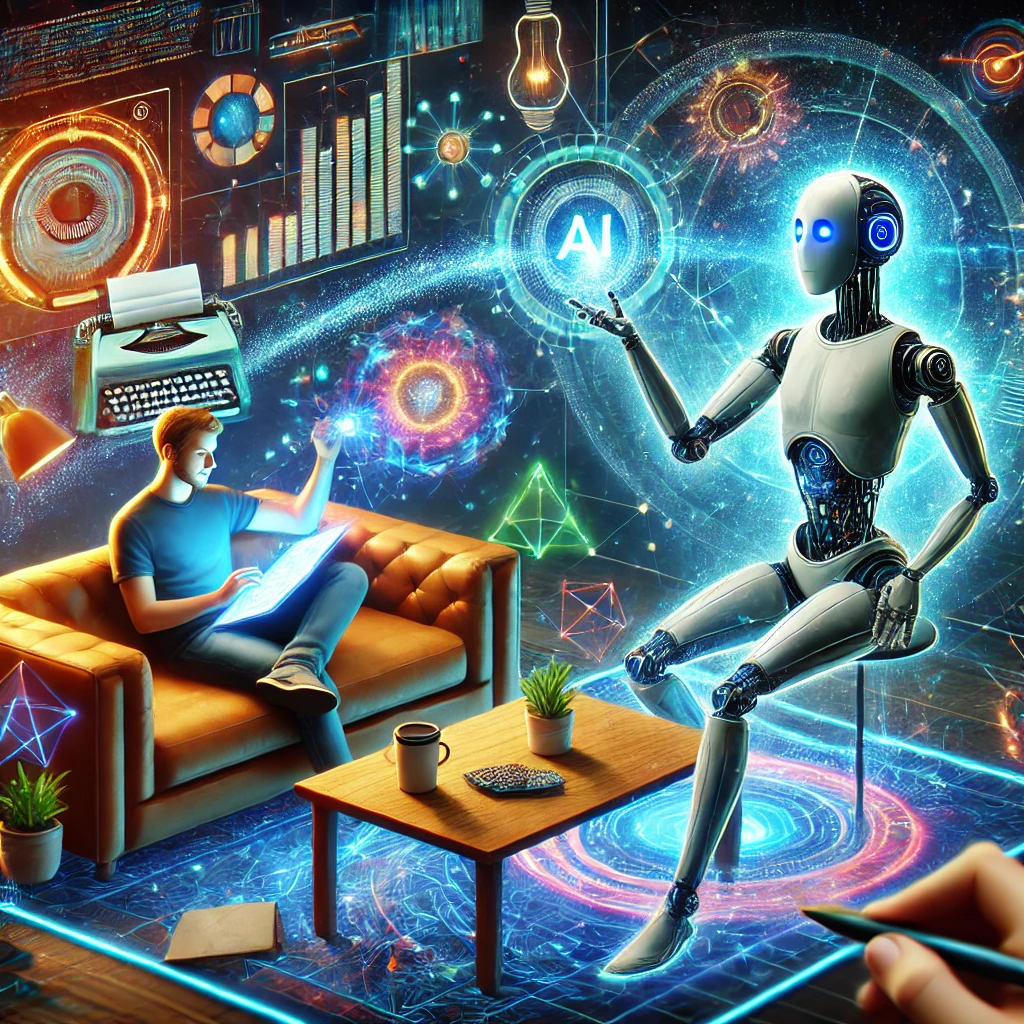
The rise of Artificial Intelligence (AI) has sparked numerous debates about its impact on society, the economy, and the future of work. One interesting perspective suggests that AI can be seen as a “lazy person’s dream.” This isn’t to say that AI is inherently lazy; instead, it can empower individuals with ideas but has limited motivation to bring them to fruition.
Traditionally, turning an idea into reality requires significant effort and dedication. This often involved overcoming numerous obstacles, such as acquiring resources, learning new skills, and working long hours. However, with the advent of AI, many of these barriers are being removed.
AI tools can now automate many mundane and time-consuming tasks associated with bringing an idea to life. For example, AI can be used to:
- Generate creative content: AI-powered tools can help with writing, composing music, and designing graphics, freeing human creativity to focus on higher-level thinking and innovation.
- Automate repetitive tasks: AI can automate many tasks in research, data analysis, and project management, allowing individuals to focus on more strategic and creative aspects of their work.
- Provide access to information and resources: AI-powered search engines and knowledge bases can provide individuals with access to vast amounts of information and resources, making it easier to learn new skills and develop new ideas.
As a result, AI is empowering individuals to turn their ideas into reality more efficiently than ever. This can lead to a more innovative and productive society where individuals are rewarded for their creativity and ingenuity rather than simply their willingness to work long hours.
However, it is essential to note that the rise of AI also presents challenges. As AI automates more and more tasks, ensuring everyone has access to the tools and training they need to thrive in this new era is essential. We must also address the ethical implications of AI, such as the potential for job displacement and the need to ensure that AI is used responsibly and ethically.
In conclusion, AI has the potential to revolutionize the way we work and live. By automating many mundane tasks associated with bringing ideas to life, AI can empower individuals to unleash their creativity and contribute to a more innovative and productive society. However, it is essential to address the challenges associated with this technological revolution to ensure that AI is used for the benefit of all.